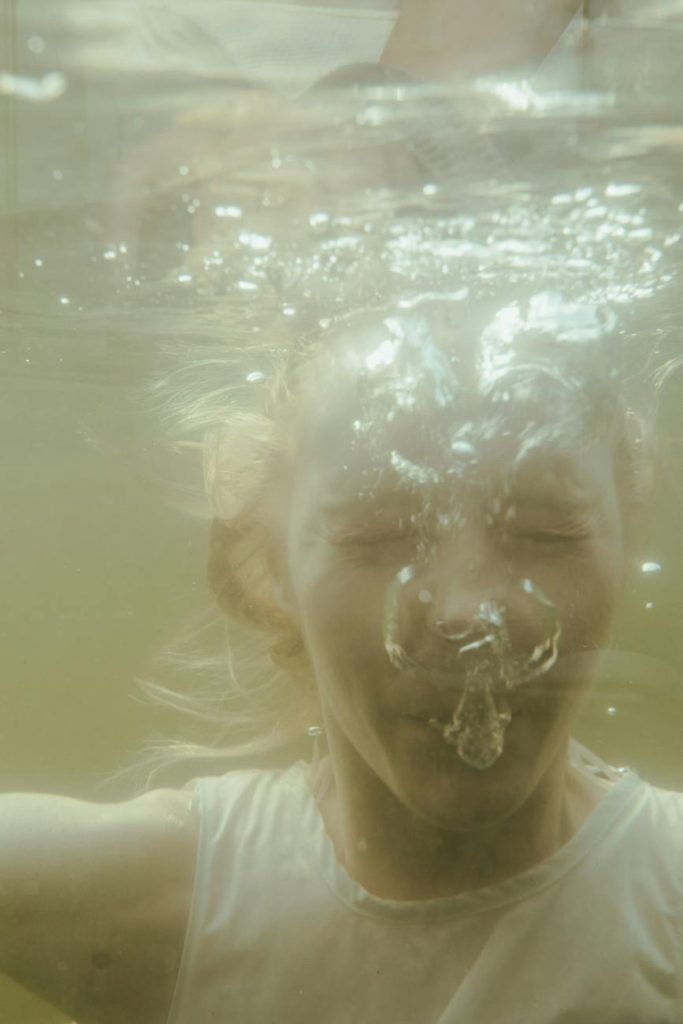Drowning is a terrifying and life-threatening experience that can leave a profound impact on a person’s body and mind. While it’s often portrayed as a sudden and dramatic event, the reality is that drowning can be a slow and silent process that can take several minutes to occur. No need to ask, I’ll break it down for you. As you submerge your head beneath the water, a sudden and overwhelming sense of panic may consume you. Your heart will race, your breath will quicken, and your mind will become clouded with fear. You may feel like you’re suffocating, like you’re drowning in more than just water.

The water engulfs your nose and mouth, and you struggle to draw in air. Your lungs burn with the need for oxygen, but the water fills them instead. You try to scream for help, but the sound is muffled by the water. The silence is deafening.

As the body begins to deprive itself of oxygen, you may begin to thrash around in an attempt to surface. Your limbs feel heavy and unresponsive, as if they’re not your own. You fight against the water, but it’s stronger than you are. You may feel like you’re fighting for your life, like you’re drowning in more than just water.
If oxygen deprivation continues for too long, you may lose consciousness due to brain damage caused by lack of oxygen. This can occur rapidly and without warning. You may feel like you’re slipping away, like you’re drowning in more than just water. Your loved ones may watch in horror as you disappear beneath the surface, never to return.

In some cases, the body may instinctively react to the lack of oxygen by causing you to inhale water instead of air, further exacerbating the situation. You may feel like you’re drowning in more than just water – you’re drowning in your own body’s betrayal.
If rescued in time, artificial respiration and medical intervention may revive you. However, long-term effects such as brain damage or lung injury may still occur depending on the severity and duration of the drowning episode. The experience of drowning can leave physical and emotional scars that last a lifetime – scars that serve as a constant reminder of the terror you experienced when you were drowning in more than just water. Your loved ones may also be left with emotional scars – scars that remind them of the horror they witnessed when you were drowning in more than just water.
The memory of that moment will haunt you forever – the feeling of helplessness, the struggle for breath, the fear that consumed you. It will be a part of who you are from that moment onward – a reminder of your own mortality and the fragility of life itself.






















+ There are no comments
Add yours